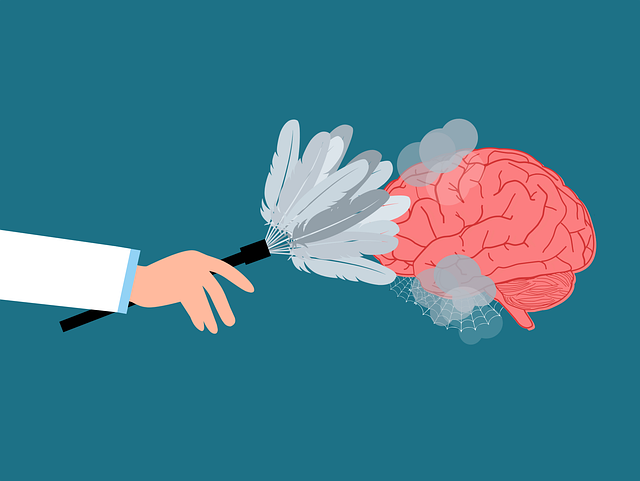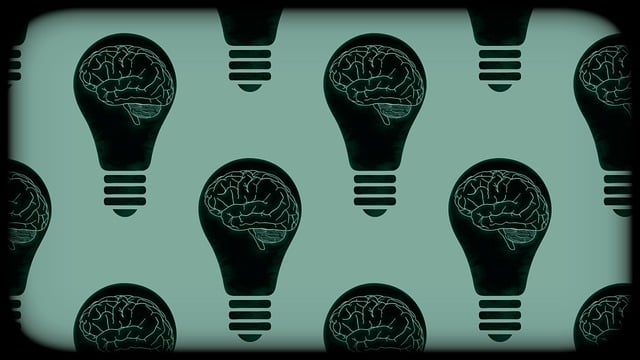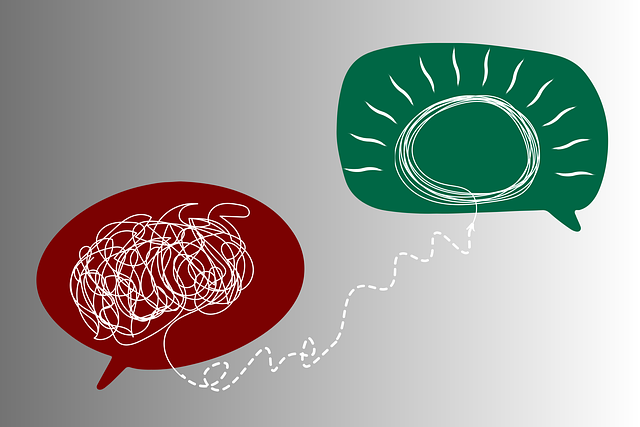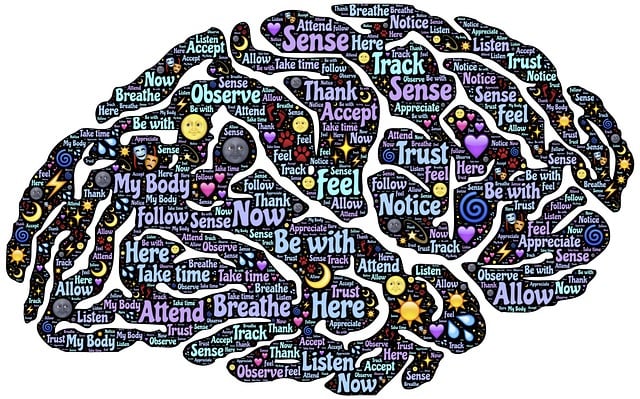Littleton Hebrew Speaking Therapy offers a culturally sensitive approach to stress management, combining Western techniques with cognitive behavioral strategies and mindfulness practices. Their expert therapists help individuals identify and address root causes of stress, develop coping skills, and reframe negative thought patterns. By integrating physical activity and holistic methods, they empower clients to navigate life's challenges, reduce anxiety, and improve overall mental well-being, making Littleton Hebrew Speaking Therapy a go-to solution for effective stress relief.
Stress reduction is an essential aspect of holistic well-being, and effective methods can transform our lives. In this comprehensive guide, we explore powerful strategies to mitigate stress, drawing from the expertise of Littleton Hebrew Speaking Therapy. From understanding the profound impact of stress on our minds and bodies to discovering cognitive techniques for thought management and adopting mindfulness practices, each section offers valuable insights. Additionally, we’ll delve into lifestyle changes that foster a calmer, more balanced life.
- Understanding Stress and Its Impact: A Foundation for Effective Reduction Strategies
- Cognitive Behavioral Techniques: Shaping Thoughts for a Calmer Mind
- Mindfulness and Relaxation Practices: Cultivating Presence and Peace
- Lifestyle Modifications: Embracing Holistic Stress Management
Understanding Stress and Its Impact: A Foundation for Effective Reduction Strategies

Stress is a multifaceted response to various internal and external factors, affecting both our mental and physical well-being. It can stem from everyday demands like work pressures or financial worries, or it might be triggered by significant life events or traumatic experiences. At its core, stress disrupts our emotional balance and can lead to a range of negative outcomes if left unaddressed. This is where effective stress reduction methods become essential tools for enhancing overall quality of life.
At Littleton Hebrew Speaking Therapy, we recognize that understanding the root causes of stress is paramount in developing tailored strategies for coping. Our approach integrates both Western therapeutic techniques and cultural sensitivity, as reflected in our services. By facilitating Coping Skills Development and Communication Strategies, individuals gain valuable tools to navigate stressful situations. Incorporating elements of Cultural Sensitivity in Mental Healthcare Practice ensures that therapeutic interventions resonate with personal beliefs and values, fostering a deeper sense of connection and empowerment during the healing process.
Cognitive Behavioral Techniques: Shaping Thoughts for a Calmer Mind

Cognitive Behavioral Techniques offer a powerful method for stress reduction by targeting and reshaping negative or distorted thought patterns. This approach, often utilized in Littleton Hebrew Speaking Therapy, encourages individuals to recognize and challenge their automatic thoughts, replacing them with more realistic and positive alternatives. By doing so, it fosters emotional healing processes and coping skills development, ultimately leading to reduced anxiety relief.
This technique involves identifying cognitive distortions such as all-or-nothing thinking or catastrophizing and learning to reframe these thoughts in a healthier manner. Through this process, individuals gain a greater sense of control over their emotions, enabling them to respond more calmly to stressful situations.
Mindfulness and Relaxation Practices: Cultivating Presence and Peace

In today’s fast-paced world, stress has become an all too common companion. However, mindfulness and relaxation practices offer a powerful antidote to this modern-day challenge. These techniques, often taught by professionals like those at Littleton Hebrew Speaking Therapy, encourage individuals to cultivate presence in the moment, fostering a sense of inner peace amidst life’s storms. By focusing on the here and now, breathing deeply, and observing thoughts without judgment, one can find refuge from anxiety relief’s relentless pursuit.
Mindfulness and relaxation are not just fleeting fixes; they are coping skills that empower individuals to navigate life’s complexities with greater resilience. Engaging in these practices regularly can lead to significant improvements in mental health policy analysis and advocacy, as a more balanced mind is better equipped to advocate for personal well-being and make thoughtful decisions. Ultimately, these techniques contribute to the development of robust coping skills, ensuring individuals are better prepared to handle stress, anxiety, and its related challenges.
Lifestyle Modifications: Embracing Holistic Stress Management

Embracing holistic stress management techniques is a transformative step towards mitigating life’s pressures and fostering mental well-being. This involves a multifaceted approach, encompassing various lifestyle modifications to create a balanced and calming routine. One such integral component is regular physical activity, which releases endorphins, nature’s natural mood elevators. Incorporating daily exercise, whether it’s a serene walk in the park or an energizing yoga session, can significantly reduce stress levels and promote mental clarity.
Additionally, mindfulness practices have gained prominence as powerful tools for managing stress. Techniques like meditation, deep breathing exercises, and mindful eating encourage individuals to focus on the present moment, thereby reducing anxiety over past or future concerns. The effectiveness of these holistic methods is supported by evidence, including studies relevant to the Hebrew-speaking community in Littleton, highlighting their potential to enhance mental health outcomes, especially when combined with specialized therapy like that offered at local Hebrew speaking therapy centers, and integrated into comprehensive risk management planning for mental health professionals (as per industry standards like Risk Assessment for Mental Health Professionals and Healthcare Provider Cultural Competency Training).
Stress reduction is a comprehensive journey, and by integrating various techniques from cognitive behavioral therapies to mindfulness practices, one can achieve significant calm. As Littleton Hebrew Speaking Therapy emphasizes, understanding stress’s impact is crucial, serving as a foundation for effective strategies. Embracing lifestyle modifications that promote holistic well-being further enhances this process, ultimately fostering a more resilient and balanced mind. Through these methods, individuals can navigate life’s challenges with greater ease and find lasting peace within.














